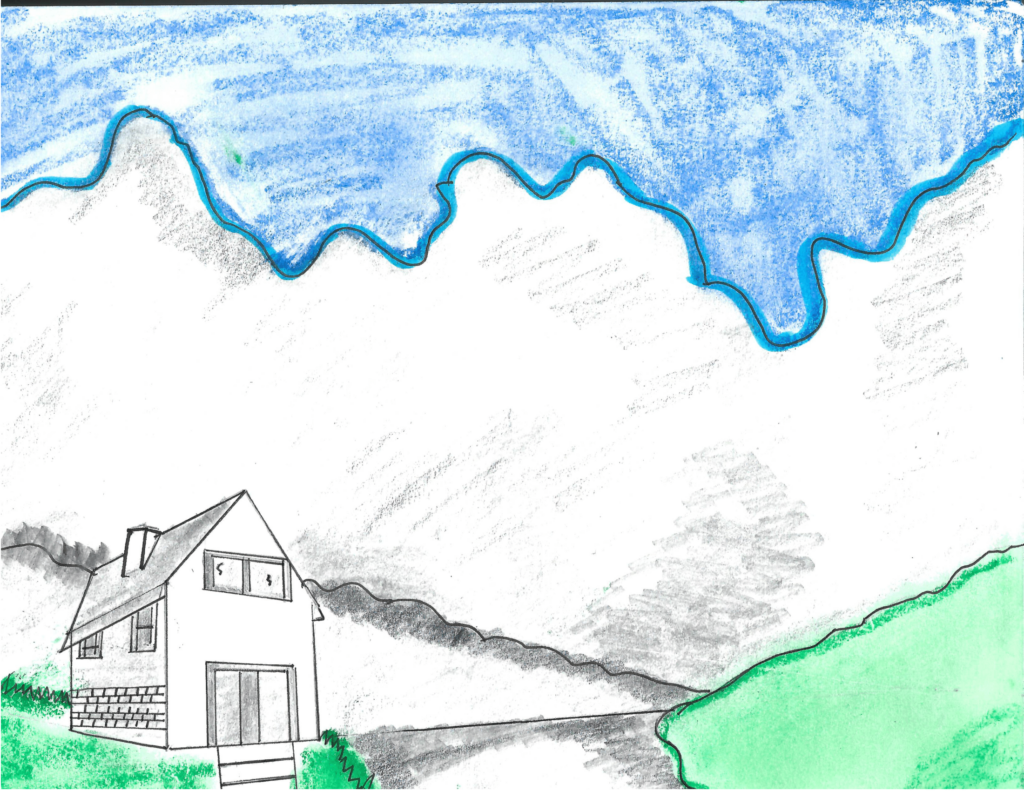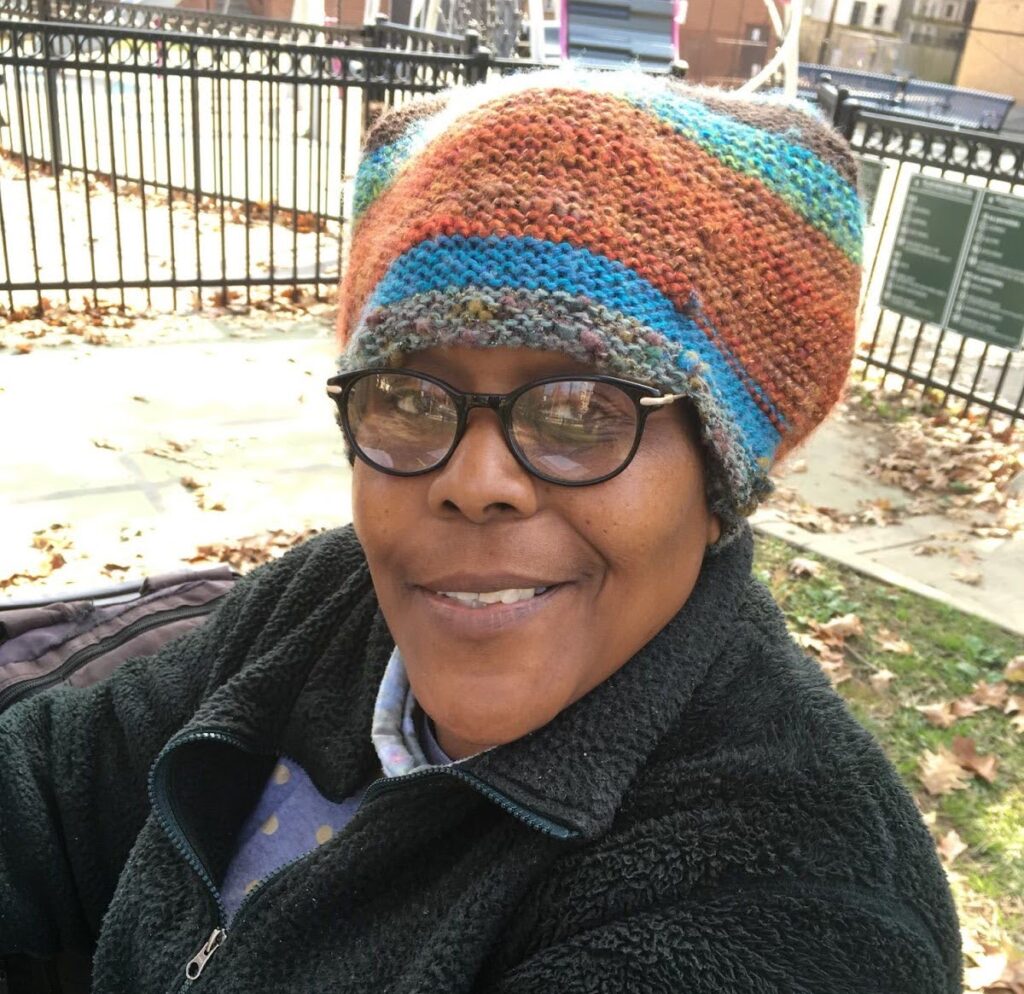Some experiences during our lifetime are full of joy, pleasure, and delight. They create a deep impression on us. When this happens, the most common and most dangerous aspect of processing this experience is to become attached to the sensations that come up with this exhilarating state of mind.
In this life, processing change is king. So, conflict arises when we fixate our attention on the craving for pleasure and delight. We mistakenly attribute these ephemeral states to the experience of joy. What sense is there to make life’s purpose to be “happy” or full of joy when it’s bound to change? True joy is not necessarily something we experience through our own personal achievements.
Joy in its purest form is a virtue that, when practiced right, connects us with true happiness and wisdom.
Pali was an old language spoken in times of the Buddha. In old Pali, there is a word that resembles the highest form of joy: “muditā” ( ). It means something like “sympathetic joy.”
Like all states that relate to our highest purpose, this is a state that takes “us” far from the selfish and egotistical sense of the “I.” Sympathetic joy invites us to experience joy regarding our capacity of feeling the joy of “others,” the success of others, and the happiness of others as our own.
So, to prepare for the experience of joy at a level of maximum purity, we must experience it through others. Similarly, true happiness is not through this suffering mundane reality; it’s through understanding the wisdom of this process through dissolution. And ultimately dissolution is experienced through death. So, as it seems, the ultimate joy of this world is to experience from “without” as if already dead. To experience joy as if your joy is in others — not in you.
Invulnerable to the attachment, to pleasure, or even to the pleasure of the unpleasant realities of life, the joy of the world is all for the world to keep. So, a joy to the world and not for you.







